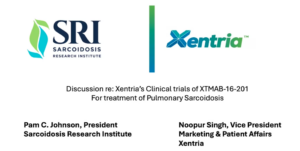Reflexology is considered a component of Traditional Chinese medicine. The theory supporting reflexology is that if the energy in the body is blocked it causes an imbalance which leads to illness. Using pressure point maps, reflexologists massage and apply different amounts of pressure to specific points of the feet, hands, and ears which are directly correlated to organs and systems of the body. Reflexology clears the blocked energy thereby, providing improved health benefits.
A different theory suggests that nerves connect the skin and internal organs, and that the nervous system adjusts to touch which may help to promote relaxation, reduce stress and relieve pain. The zone theory is a belief that the body contains 10 vertical zones, with each zone corresponding to different body parts which are correlated to touching specific fingers and toes.
There is some evidence that reflexology can be beneficial in the following areas:
- Stress
- Anxiety
- Depression
- Postpartum depression
- Relaxation
- Strengthens the immune system
- Pain
- Improves mood
- Insomnia
- Effective in fighting bacteria and infection
- Chronic back pain
- Chronic neck pain
- Arthritis
- Fibromyalgia
- Relieving chemotherapy-induced nausea
- Post-operative surgery
- Faster recoveries and healing
- Increases foot health
- Eliminates swelling of the feet
- Increases metabolism
- Creates higher levels of energy
- Increases blood circulation throughout the body
- Elimination of toxins from the body
- Stimulates the nervous system
- Improves memory
- Reduces migraine and tension headaches
- Can be beneficial for pregnant women
- Overall well-being
It is recommended that patients discuss if reflexology is appropriate with a health care provider. This is especially important if the patient has circulatory problems in the feet, blood clots, inflamed leg veins, gout, foot ulcers, fungal infections, open wounds on the feet or hands, thyroid problems, epilepsy, or blood problems which can cause a patient to bruise or bleed easily.
It is recommended that patients contact the Complementary and Natural Healthcare Council, American Reflexology Certification Board, Reflexology Association of America, or other certifying organizations to identify a properly trained reflexologist.
